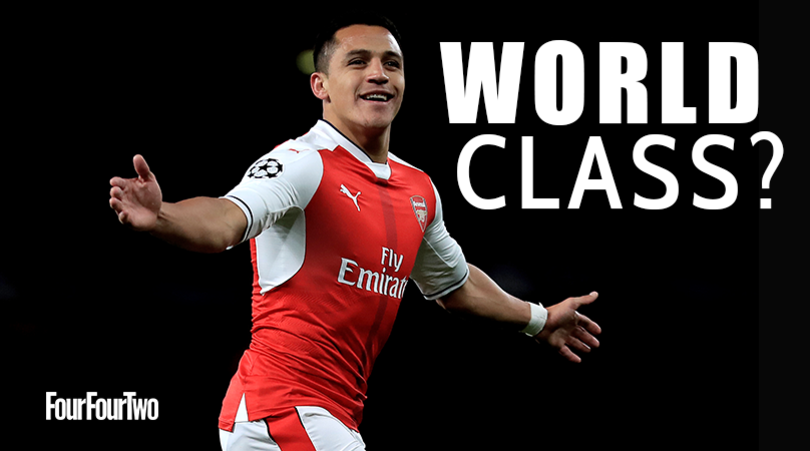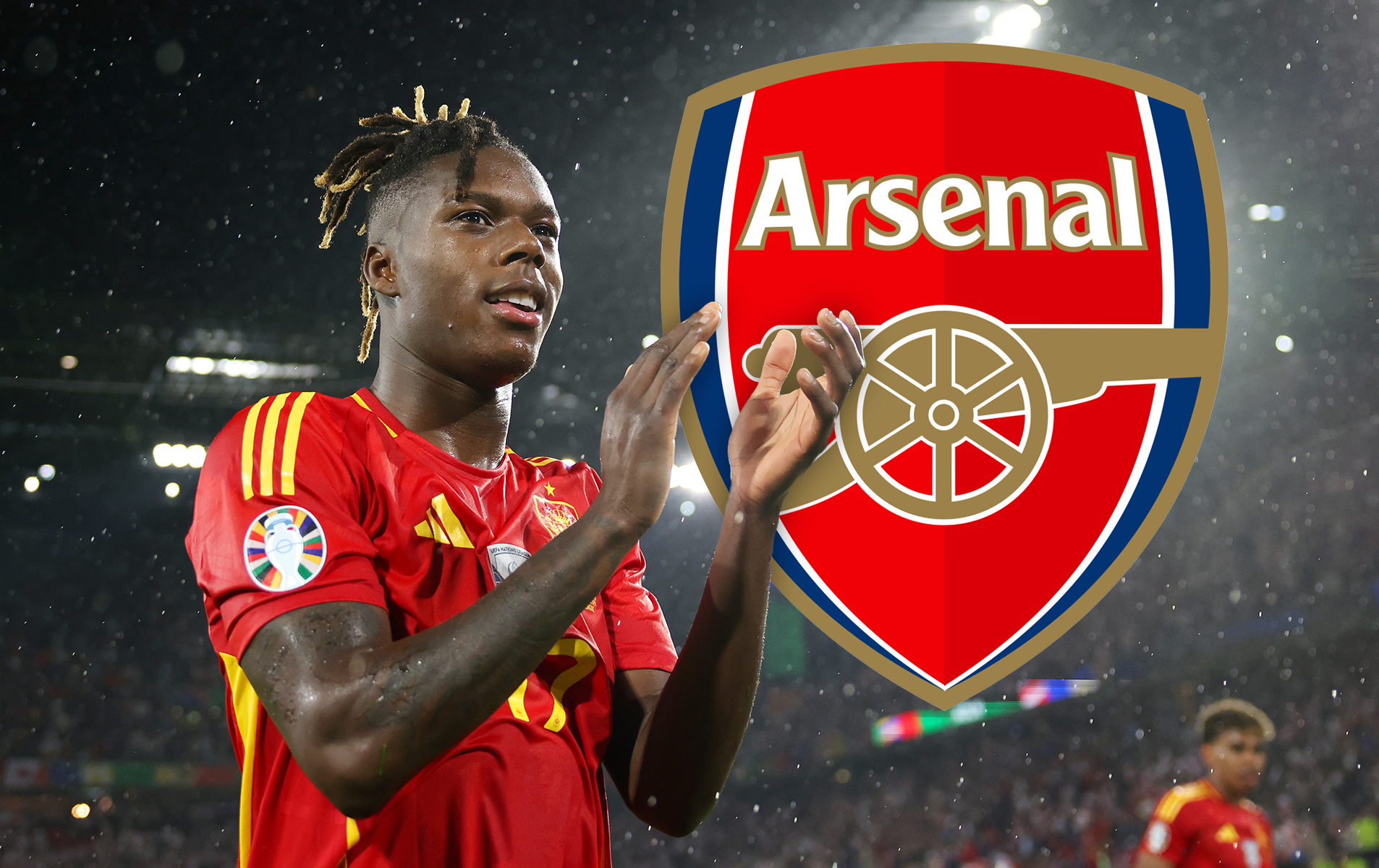Why Ander Herrera gives Manchester United exactly what they need right now – identity
Seb Stafford-Bloor explains how the Spaniard's love of football and connection with supporters makes him the perfect man to build the current Red Devils side around
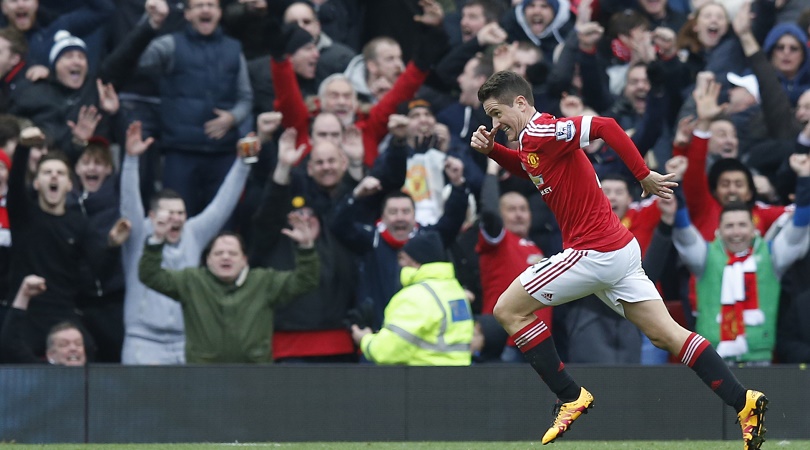
"I still enjoy football. I love football. I love my profession. What I don't like is cases where owners prioritise their interests over the club. Football can't be solely about profit."
Footballers don't often make textured remarks about the game, but then Ander Herrera isn't a normal footballer. In a 2014 interview with Sid Lowe, from which that quote is taken, the then-25-year-old was startlingly candid.
Practiced indifference is the norm in this era and players are quite literally trained to express themselves only within the game's rigid platitudes. Herrera, however, was colourful and spoke effusively about the sport. Not what the sport has done for him, how it has made him rich or the life it enables him to lead, but the actual sport: goal-kicks, corners, tackles and goals. Its essence.
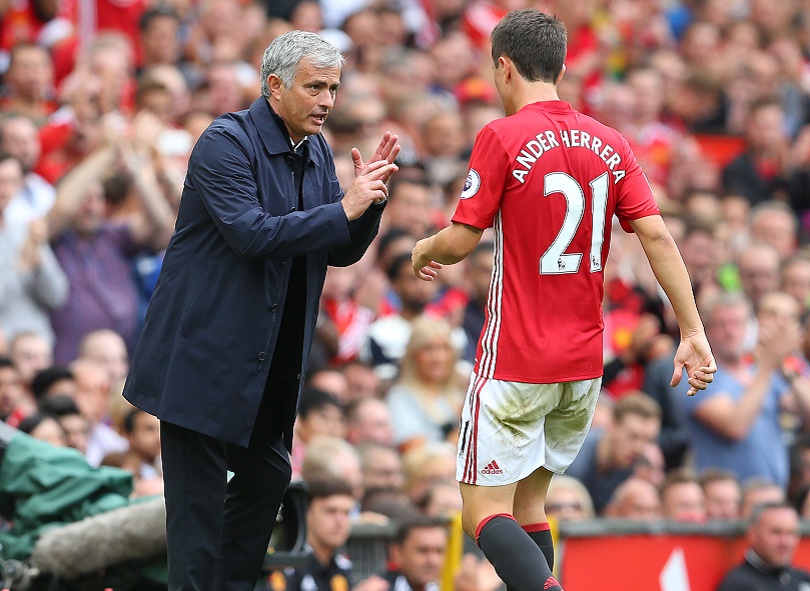
Character counts
At a time when the boardroom's relationship with fans and the first team exists mainly in the abstract, Herrera would likely be a popular figure at any club
How rare that is. The modern supporter is often led to believe that, on signing a first professional contract, a player's love for football evaporates. It's difficult to disprove that, too – watch them promote a product or talk to a television camera after a game and note their scripted joylessness.
Herrera's differences draw their energy from his refusal to conform. He may talk enthusiastically about the parts of his game which need improvement and those of which he's particularly proud, but his love also transcends the pitch. His career anecdotes involve backing supporter protests at Real Zaragoza, passing comment on UEFA's ticketing philosophy in the Europa League and lending his reputation to other fan interests.
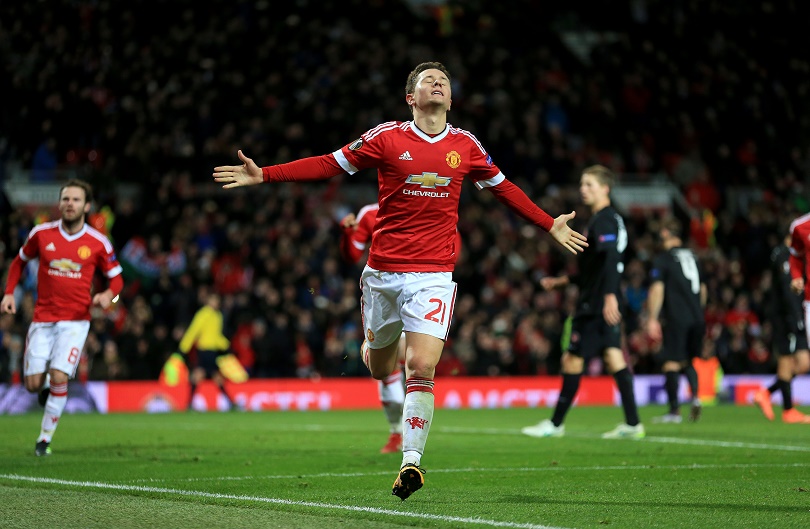
At this juncture in the game's history, when the boardroom's relationship with the fans and the first team exists mainly in the abstract, Herrera would likely be a popular figure at any club. But at United, where the ructions have been so loud and the acrimony so fierce, he's particularly welcome, symbolising authentic values at a time when the brand is all powerful and ideological moorings are being stretched to their elastic limit. Herrera is a real person with a real-world outlook and, in 2016, that's highly seductive.
Get FourFourTwo Newsletter
The best features, fun and footballing quizzes, straight to your inbox every week.
But this story, the growing affection between the player and his supporters, has other roots too.
Xavi, Scholes... Butt?
He's a vocal presence under Jose Mourinho and, revealingly, often willing to face accusatory questions after a poor result, but part of his substance is derived from nastiness
Late March, 2015. Steven Gerrard was introduced as a second-half substitute by Brendan Rodgers, with Liverpool trailing Manchester United by one goal to nil at Anfield. Almost immediately from the kick-off, Herrera would thunder into Gerrard and provoke the Liverpool captain into a petulant stamp; Martin Atkinson flashed his red card and another infamous Premier League moment had life.
To an extent, Herrera's part in that sequence has been lost to its greater significance, but in isolation it was highly descriptive of his playing personality. In the most hostile atmosphere a Manchester United player can experience, he took an axe to a local icon. Of course, he also played extremely well and contributed fully to one of the most satisfying performances United would manage under Louis van Gaal, but it was those few seconds after half-time which remain most vivid.
"I always looked at other players at Real Zaragoza... Gus Poyet was a role model for me, and then the national team players like Xavi and Iniesta, but so were the United players like Scholes and Butt."
As Herrera's legend has grown – and as he has become a first-team regular under Jose Mourinho – appreciation for his emotional influence has risen. United's midfield has lacked personality for a long time. It's often been flecked with technique and vision, but often at the expense of other, weightier characteristics. There's been little heart and even less to fear.
Herrera has brought a nasty edge; cultured passer though he is, there's some devil in his play. He's a vocal presence under Mourinho and, revealingly, often willing to face accusatory questions after a poor result, but part of his substance is derived from nastiness. Herrera trades off his aesthetic: his sweet, impish face hides his darker energies. He may not look it, but he's really a big-club bully – the talismanic Black Knight willing to do anything to win.
Roll up your sleeves
It's not just an appetite for reverse passes and fierce tackles, but for covering space and showing for the ball
The parallel, then, is with Roy Keane: Alex Ferguson's monster. Tempting and convenient though that may be, it's inaccurate – and evidently not how Herrera views himself. Other than being midfielders, the players he admits to admiring were all more rounded than Keane and all influenced games in more subtle ways. Crucially, they are also footballers' footballers: players whose appeal relied on understanding all of their various functions and, by implication, their understated importance.
It's entirely normal for a Spaniard of Herrera's generation to look up to Xavi and Andres Iniesta, national icons as they are. Similarly, having grown up in the Real Zaragoza youth system, his affection for Poyet isn't difficult to explain. But a fondness for Nicky Butt? That's an acquired taste: there weren't even children walking around Salford with his name on their replica shirts.
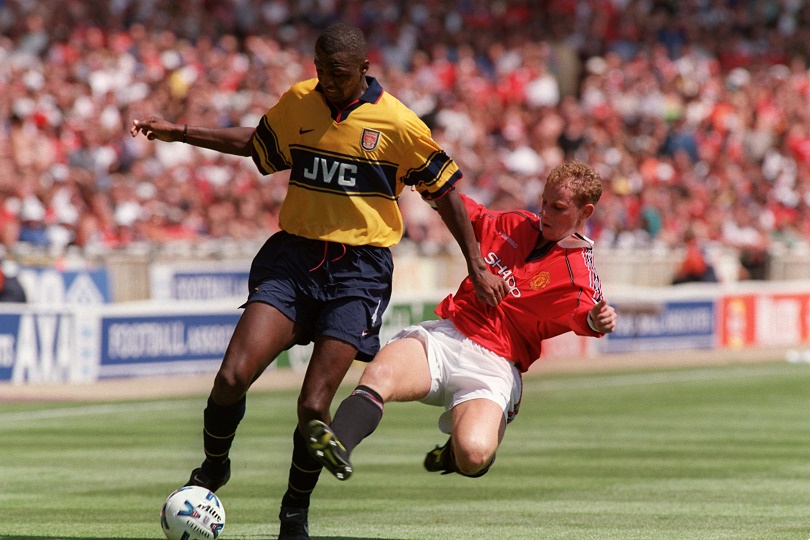
"They not only played well with the ball, the did great work (without it) too and worked hard to defend when they needed to."
It's different, and evidences an appetite for all aspects of midfield play. Not just the reverse passes and fierce tackles, but for covering space and showing for the ball; between them, the aforementioned players cover their position's entire spectrum. Combine their skill sets and you would be left with a technically flawless player of unparalleled commitment.
Angels and demons
That's a constant theme with Herrera, on and off the field. Nobody at Manchester United celebrates with more joy or sincerity when a goal is scored, and none of the other players seem quite as crestfallen when a game is lost. That sincerity extends into his relationship with the media, too. Beyond a veneer of general honesty, his interviews typically involve the expression of a genuine belief – either relating to a recent performance or, more generally, regarding the way the game should be played, arbitrated or governed.
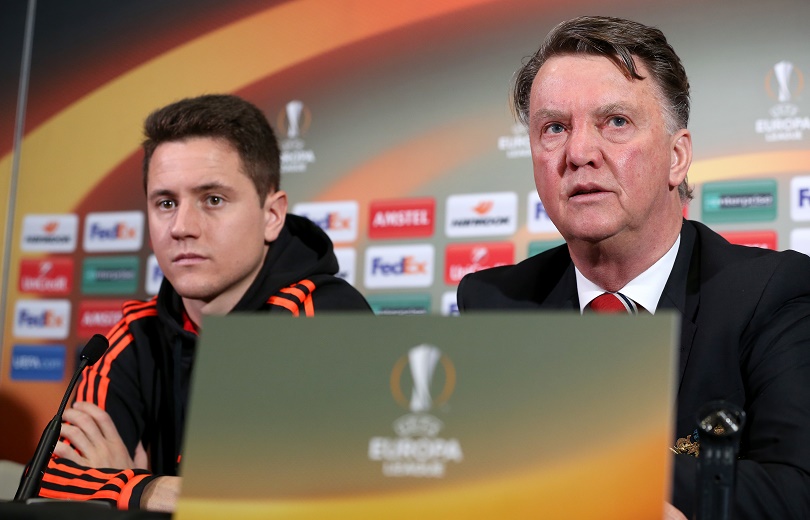
He seems in thrall to almost every aspect of the sport and to be fascinated by the corners which his peers routinely avoid; be that in his interaction with supporters or, curiously, his ambition to one day play for Boca Juniors – a rare aspiration for a European. La Bombonera remains associated with a particularly rabid type of fandom and with perpetual, swirling pressure, and few born outside Buenos Aires crave that kind of intensity. Herrera, though, seeks the full, immersive footballing experience and, for supporters and team-mates alike, that can be inspiring.
Fans respond to players they can relate to, while players react to someone they can admire. Unusually – and by being a web of apparent contradictions – Herrera manages to play both roles. He's grounded enough not to ignore the trouble found on football's periphery, but possesses enough sense of self to still be a factor within its grand centre. He's blessed with skill, but also menace – an angel with the ball, a demon without it.
In essence he's the perfect modern day hero; the ideal moral centrepoint for a club lacking a definitive identity.
Seb Stafford-Bloor is a football writer at Tifo Football and member of the Football Writers' Association. He was formerly a regularly columnist for the FourFourTwo website, covering all aspects of the game, including tactical analysis, reaction pieces, longer-term trends and critiquing the increasingly shady business of football's financial side and authorities' decision-making.
